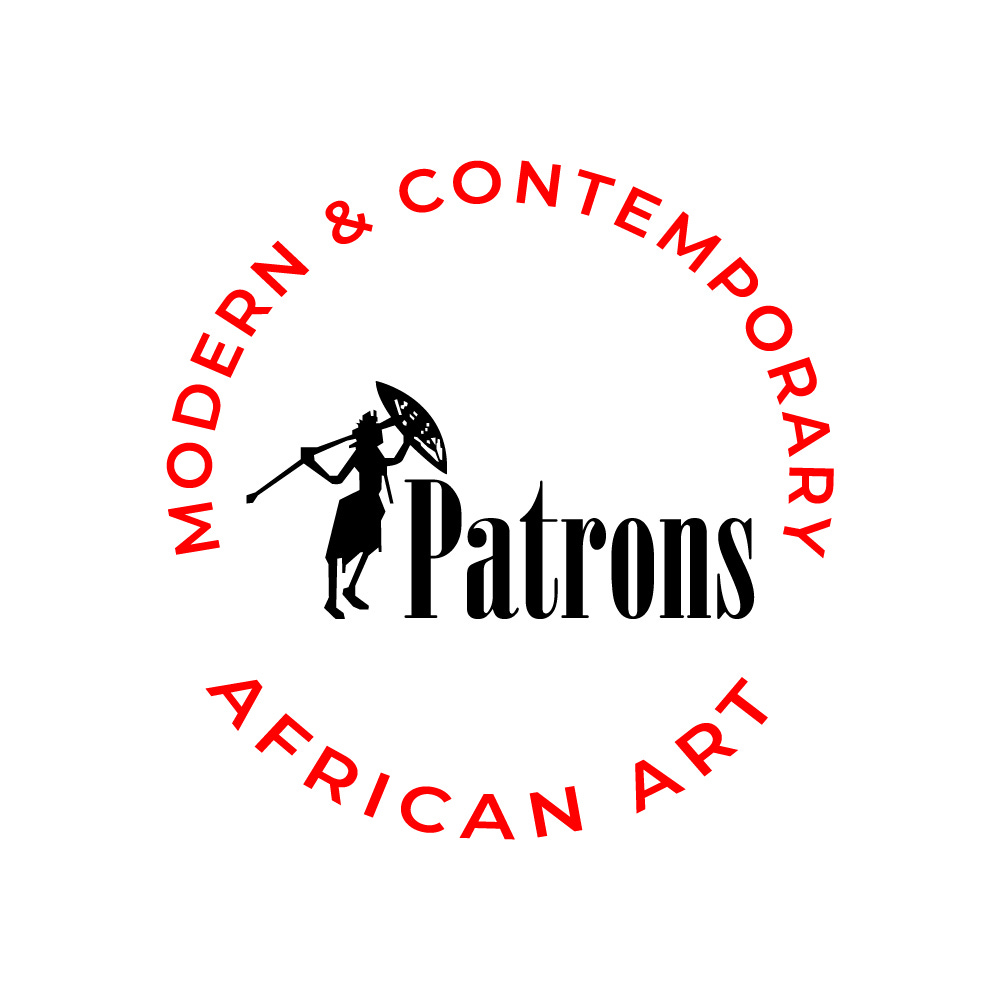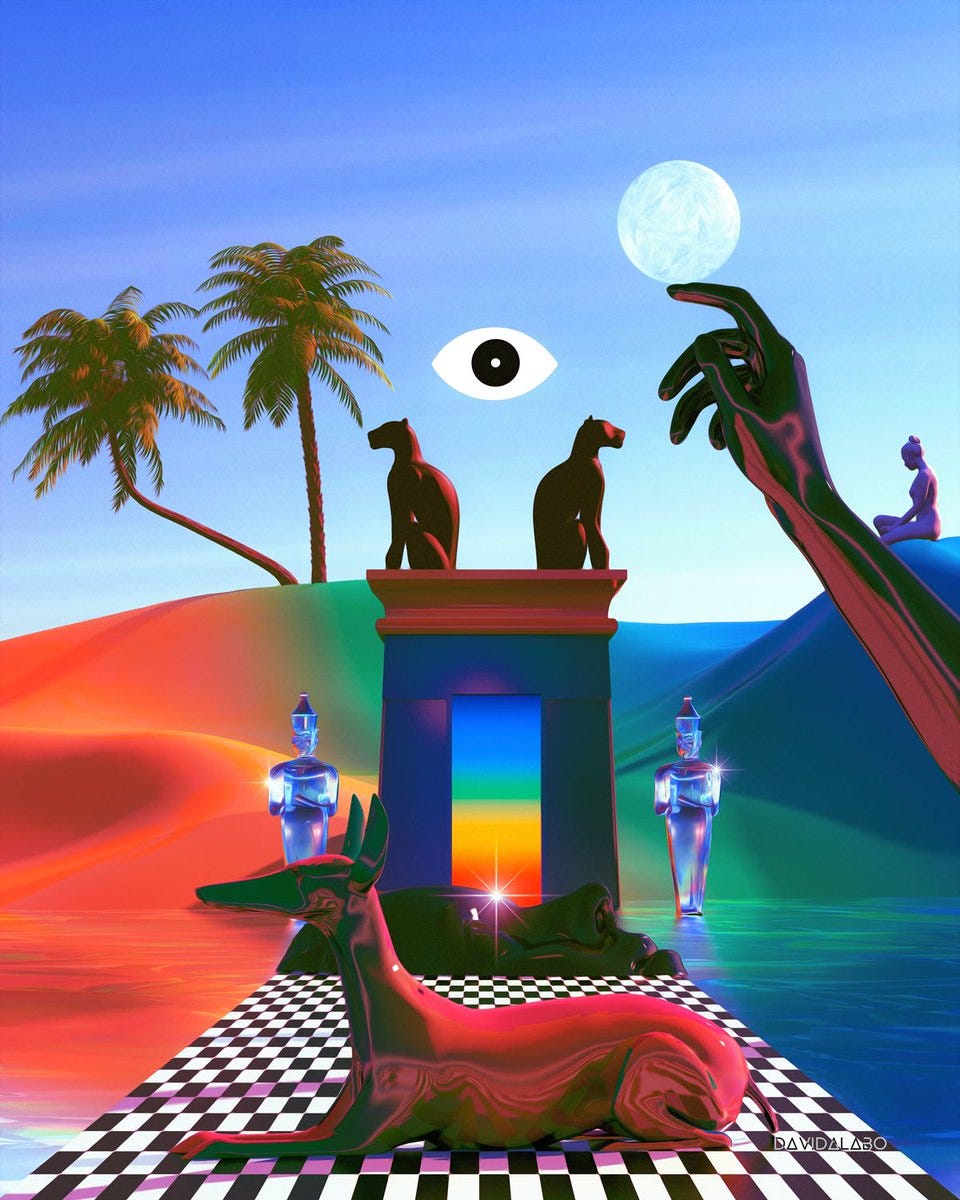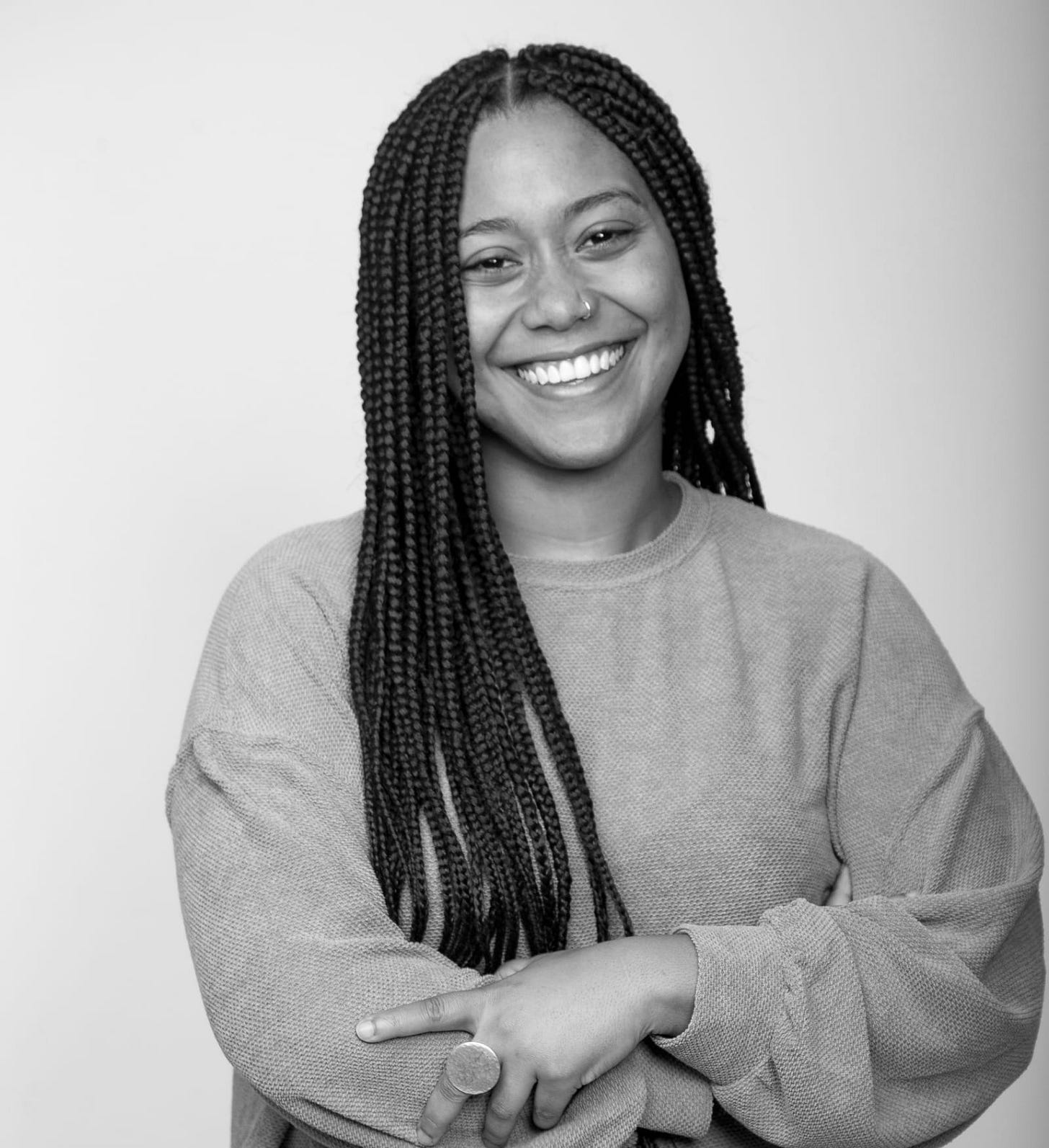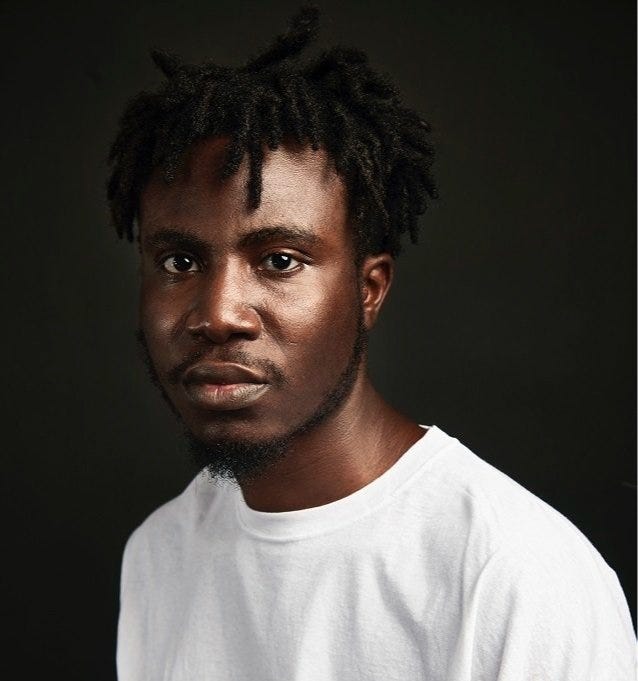
African artists are at the forefront of a fascinating intersection of culture, history, and technology. In recent years, they have embraced artificial intelligence (AI) as a tool for creativity, blending it with traditional and contemporary African art forms.
The use of AI in art has opened up new possibilities for visual storytelling, allowing African artists to explore futuristic themes, push the boundaries of artistic expression, and engage global audiences. This fusion of AI and African art is shaping an innovative and futuristic artistic landscape, giving rise to new genres and redefining how African art is perceived both locally and internationally.
But what exactly does it mean for African artists to use AI in their work? How are they navigating the challenges and opportunities that this technology presents?
From themes of Afrofuturism to the integration of cultural identity with cutting-edge technology, African artists are using AI to tell stories that transcend time and space. This digest explores how AI is transforming the African art scene, highlight notable artists leading this movement, and considers the impact of AI on the future of African creativity.
African Art and Technological Innovation
African art has a rich and diverse history, rooted in traditions, rituals, and cultural narratives. From ancient rock art and sculptures to vibrant textiles and contemporary paintings, African art has always been a powerful medium for expression and storytelling. Each region across the continent contributes to a unique artistic legacy, making African art a symbol of cultural identity and resilience.
As technology has evolved, so too has African art. The digital age has seen African artists embrace new forms of expression, from digital paintings to 3D modelling and now, AI-generated works. This shift has allowed artists to experiment with new tools and techniques while still honouring their cultural heritage.
What is Generative AI in Art?
Generative AI in art means using smart computer programs to help create or improve artwork. These programs can analyse patterns, recognise images, and even generate unique artistic pieces by aggregating everything it's learned from vast datasets.
For artists, AI is not just a tool; it’s like a creative partner. It helps them push beyond the limits of traditional art techniques. With AI, artists can explore new ideas, colours, and shapes that might be hard to create by hand. This technology allows for the creation of stunning futuristic landscapes, unique abstract art, and fresh takes on cultural themes.
Themes in African AI-Driven Art
Futurism is a central theme in AI-driven African art. Artists are exploring what the future might look like for Africa by creating imaginative, tech-infused landscapes and characters. This forward-thinking approach often merges science fiction with African traditions, presenting visions of a future shaped by both technological and cultural evolution.
Afrofuturism—a cultural movement that combines African culture with science fiction and technology—is flourishing in AI-driven art. African artists are using AI to visualise African futures, where technology plays a pivotal role in shaping identity, politics, and social structures. This genre allows for the reimagining of Africa’s place in the global future, blending history, present realities, and futuristic aspirations.
One of the most compelling aspects of AI-driven African art is its exploration of cultural identity. Artists are using AI to engage with questions of heritage, diaspora, and tradition in a modern context. By merging traditional African symbols with AI-generated designs, they are creating artworks that are both futuristic and deeply rooted in African culture.
Some African Artists Leading the AI Movement
Several African artists are gaining international recognition for their innovative use of generative AI in art, blending cutting-edge technology with rich African artistic traditions.
1. Malik Afegbua, Nigerian
Malik Afegbua is a Nigerian artist and technologist challenging ageism in art and tech. Known for his AI-generated "Elder Series," he blends African heritage with futurism to create inclusive digital experiences. Afegbua's work promotes intergenerational understanding and envisions a future where technology reflects the diversity of human experience.
2. Gerald Machona, Zimbabwean
Gerald Machona, a contemporary visual artist from Zimbabwe, is best known for incorporating decommissioned Zimbabwean dollars into his work, making it a signature element of his art. Gerald’s diverse practice spans sculpture, performance, photography, film, and new media. Through an Afrofuturist lens, his recent work explores powerful themes such as migration, transnationalism, social interaction, and xenophobia in Africa.
3. Freddie Jacob, Nigerian
Freddie Jacob, a queer digital artist based in Nigeria, is frequently motivated by her intersectional identity and has begun minting her works as NFTs. Her artworks investigate and analyse subjects such as female identity, allyship, familial love, healing, and female hair politics. In 2020, she launched her first NFT collection on Opensea, the world's first and largest peer-to-peer marketplace for cryptocurrency collectibles. The artwork, titled "Eguono," which means "love" in her native Urhobo language, depicts people with Snapchat filters on them.
4. Linda Dounia
Linda Dounia is a Senegalese digital artist whose work explores identity, race, and power through Afrofuturism. Blending traditional and digital techniques, she challenges dominant narratives, offering African-centred perspectives on technology and society. She's also known for her role in advancing African art within the digital and NFT space.
5. Prince Jacon Osinachi Igwe
Prince Jacon Osinachi Igwe, commonly known as Osinachi, is a Nigerian visual and digital artist. He is known for using AI to create digital works that challenge conventional narratives about African art. His NFT-based art combines traditional African motifs with digital abstraction, creating a unique blend of the old and the new. Similarly, other artists are using AI to tell stories that reflect both the futuristic and the historical aspects of African culture.
The Future of AI and African Art
AI is enabling African artists to expand their creative horizons, allowing them to explore new themes and techniques that were previously out of reach. It is not just about futuristic aesthetics; it is about using AI as a tool for storytelling, cultural preservation, and innovation.
The influence of African AI-driven art is growing globally. African artists are contributing to a larger conversation about the role of technology in the furtherance of art and how it can be used to reshape cultural narratives. As more and more African artists adopt generative AI, their works become part of an ongoing discussion that influences the global art scene, bringing African perspectives to the forefront of technological innovations in art.
The fusion of generative AI and African art is creating a new era of artistic expression. African artists are using AI to explore futuristic themes, reimagine glorious past, redefine cultural identity, and expand their creative boundaries. While challenges remain, the future looks bright for African AI-driven art which promises to continue reshaping the global art landscape.
Learned a thing or two? Let us know what you think in the comment section.














